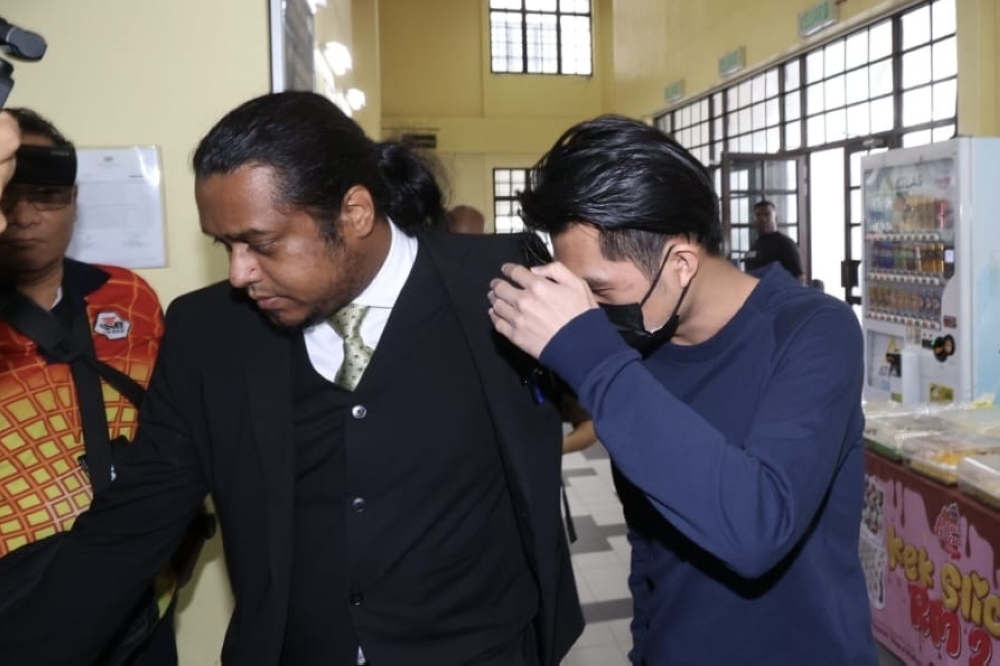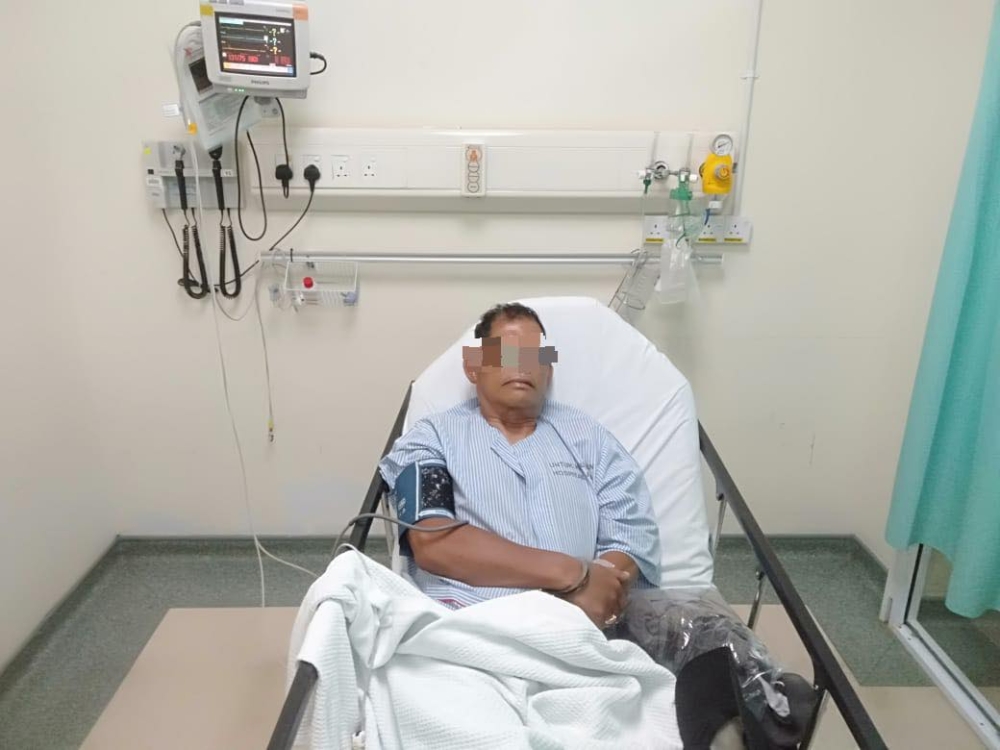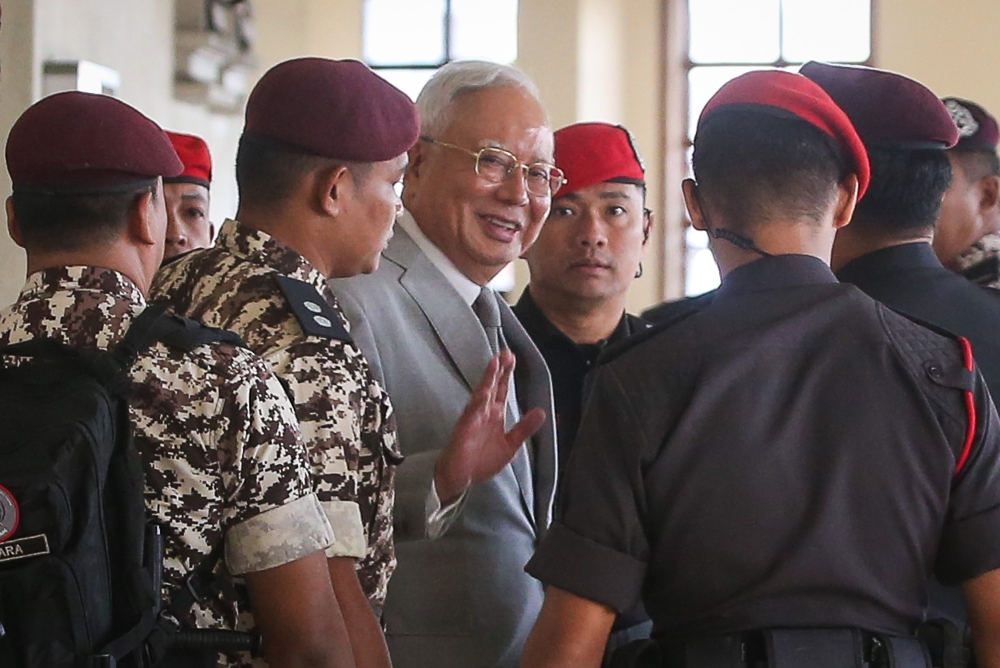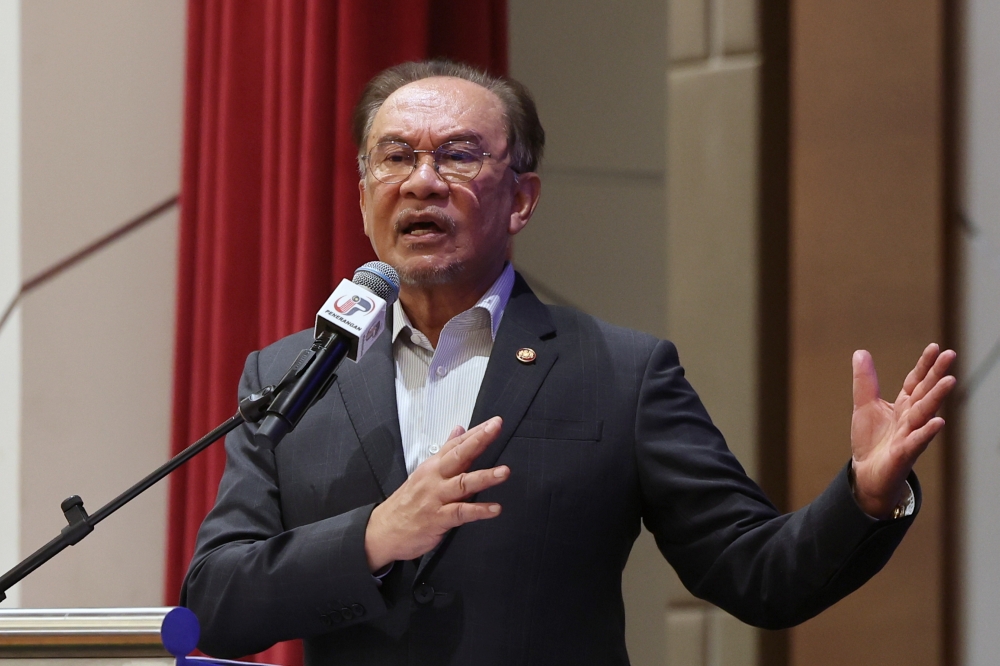PUTRAJAYA, Jan 11 — Chief Justice Tan Sri Richard Malanjum today urged higher learning institutions and graduates in the country involved in the study of law to improve themselves or possibly finish on the short end.
Malanjum said law graduates may end up in the unemployment queue if law schools failed to prepare their students for the industry and newly admitted lawyers not being proactive.
“There are many murmurs I have heard from senior lawyers who said junior lawyers are not up to the mark.
“Hopefully the law schools will also take note of this, please get your law graduates ready for the industry,” he said during his speech at the opening of the legal year 2019 at Putrajaya Marriott hotel here today.
Malanjum said those in chambering were being used to undertake trivial and useless errands such as being asked to carry heavy bags and photo-copying documents.
“Those doing chambering must be trained in the trade instead of performing errands during the period.
“Hopefully the fresh graduates will take up as many pro bono cases as possible because by taking up cases pro bono, not only you are helping but you are also helping yourselves in learning the skill,” he said.
Meanwhile Attorney General Tommy Thomas also reminded academics and students in the law profession to play their respective roles even if they were not at the forefront of the administration of justice.
“The standard of legal and tertiary education in general has woefully declined in Malaysia with education becoming a business.
“The number of universities offering law degrees have mushroomed and in the fee-driven university race to the bottom, the quality of entrants and educators has been increasingly sacrificed.
“Quantity at the expense of quality!” he said during his speech at the same event.
Thomas then pointed out that students must be able to understand the law, analyse complex scenarios, interpret and apply the law to solve problems.
“They must be able to communicate their analysis clearly and concisely in writing or orally.
“These skills must be combined with a strong sense of professional responsibility and a guiding ethical compass,” he said.
He also stressed that varsities play a role in fostering the development of professional skills such as drafting and an understanding of ethics and professional responsibility by having students exposed to the practice of pro bono.
“Academics must play their role as public intellectuals if the administration of justice is to improve,” he said.
















.jpg)



